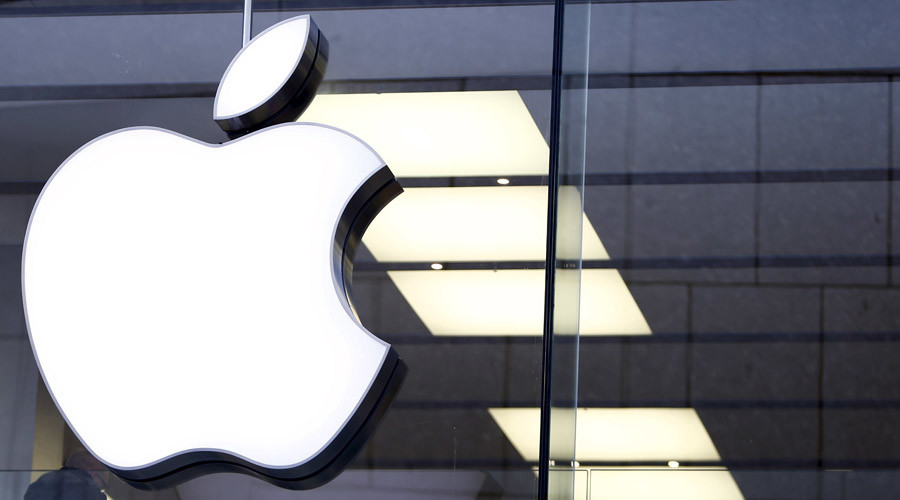-
Tips for becoming a good boxer - November 6, 2020
-
7 expert tips for making your hens night a memorable one - November 6, 2020
-
5 reasons to host your Christmas party on a cruise boat - November 6, 2020
-
What to do when you’re charged with a crime - November 6, 2020
-
Should you get one or multiple dogs? Here’s all you need to know - November 3, 2020
-
A Guide: How to Build Your Very Own Magic Mirror - February 14, 2019
-
Our Top Inspirational Baseball Stars - November 24, 2018
-
Five Tech Tools That Will Help You Turn Your Blog into a Business - November 24, 2018
-
How to Indulge on Vacation without Expanding Your Waist - November 9, 2018
-
5 Strategies for Businesses to Appeal to Today’s Increasingly Mobile-Crazed Customers - November 9, 2018
Justice Department Blasts Apple in Court Documents, Calls Rhetoric ‘False’ and ‘Corrosive’
Apple accused the U.S. Justice Department on Thursday of trying to “smear” the company by trafficking in “desperate” and “unsubstantiated” claims in its ongoing quest to force the company to help unlock an encrypted iPhone linked to one of the San Bernardino, California shooters.
Advertisement
The government’s filing is aimed at encouraging a federal magistrate judge to affirm her order from last month that directed Apple to help the FBI gain access to the phone used by Syed Farook, one of the two attackers in the December 2 shootings that killed 14 people.
Apple is due to respond to this latest filing from the government by March 15.
“Apple desperately wants – desperately needs – this case not to be ‘about one isolated iPhone, ‘” the Justice Department argued Thursday.
Earlier this week, the government also sought to overturn a ruling which protects Apple from unlocking an iPhone in a NY drug case, which raises similar legal issues as the California litigation.
Government lawyers argue that “how Apple’s software is engineered” and “code determining how many retries a user is permitted before the data on an iPhone is permanently lost” do not qualify as speech that is protected by the Constitution.
Apple has said the government’s request would create a “back door” to phones that could be abused by criminals and governments, and that Congress hasn’t given the Justice Department legal authority to make such a demand. Apple says it would require a handful of employees mere weeks to do so. The government submitted the declaration of a leading Federal Bureau of Investigation encryption specialist who said whatever Apple designs to hack the security of the shooter’s phone, it would only work on that device.
He jokingly said the government’s allegation would be akin to Apple citing conspiracy theories in its court filings that J. Edgar Hoover may have had something to do with the assassination of John F. Kennedy.
In Thursday’s court papers, however, federal law enforcement officials maintain no such threat exists, and that the San Bernardino case is truly about the search of one iPhone belonging to a terrorist.
The legal showdown, meanwhile, focuses heavily on the 1789 All Writs Act, a catch-all provision that allows courts to order institutions or individuals to take some form of action. Tech firms and other outside groups, meanwhile, have backed Apple, saying that the government is seeking to undermine security vital to protecting personal information.
Advertisement
“Apple’s claim is particularly weak because it does not involve a person being compelled to speak publicly, but a for-profit corporation being asked to modify commercial software that will be seen only by Apple”, the brief states. The potential burden on Apple is a crucial test set out in a prior case, known as Mountain Bell, which held that a local phone company could be ordered to program the equipment in its facilities in order to trace calls in progress.




























